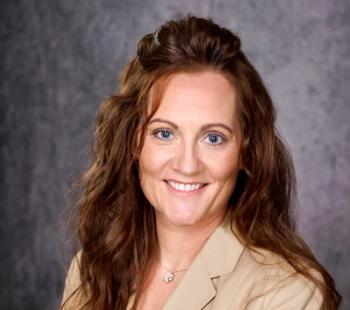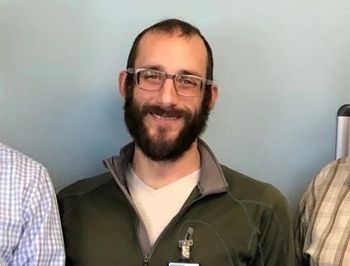
Maryland Claws $81M Back From IT Contractor
CSC was hired to replace the state's legacy Medicaid processing system. The arrangement quickly turned sour.
A health IT fiasco in Maryland is finally over. Computer Sciences Corporation (CSC), contracted by the state to overhaul its Medicaid processing system, will reimburse $81 million.
The Maryland Department of Health (MDH) awarded CSC the $170 million Medicaid Enterprise Restructuring Project (MERP) contract in 2012. The company was to replace the state’s legacy system—built in 1992 and still in use today—that tracks billions of dollars’ worth of Medicaid payments each year.
The arrangement quickly turned sour.
According to a statement from Maryland Attorney General Brain Frosh’s office, “CSC refused to perform the required work without millions of dollars in additional State payments.” MDH suspended the contract in 2014 after paying the company $27 million. In 2015, it reportedly sent the company several letters complaining of subpar work before terminating the deal.
“We are pleased with the settlement, but the state’s damages were considerably more in this case,” Frosh said after the settlement, according to
Based in Virginia and nearly 60 years old, CSC merged with Hewlett Packard Enterprise’s Enterprise Services wing to form DXC Technology. On its website, the new company claims $25 billion in annual revenues and nearly 6,000 clients in more than 70 countries.
“The settlement announced today resolves claims by both parties,” the
It isn’t Frosh’s first victory against a health IT contractor. In 2015, his office recouped $45 million of the $73 million that had been paid to contractor Noridian, which had been tasked with setting up the state’s online health insurance marketplace following the Affordable Care Act. The site reportedly crashed on its first day.






























